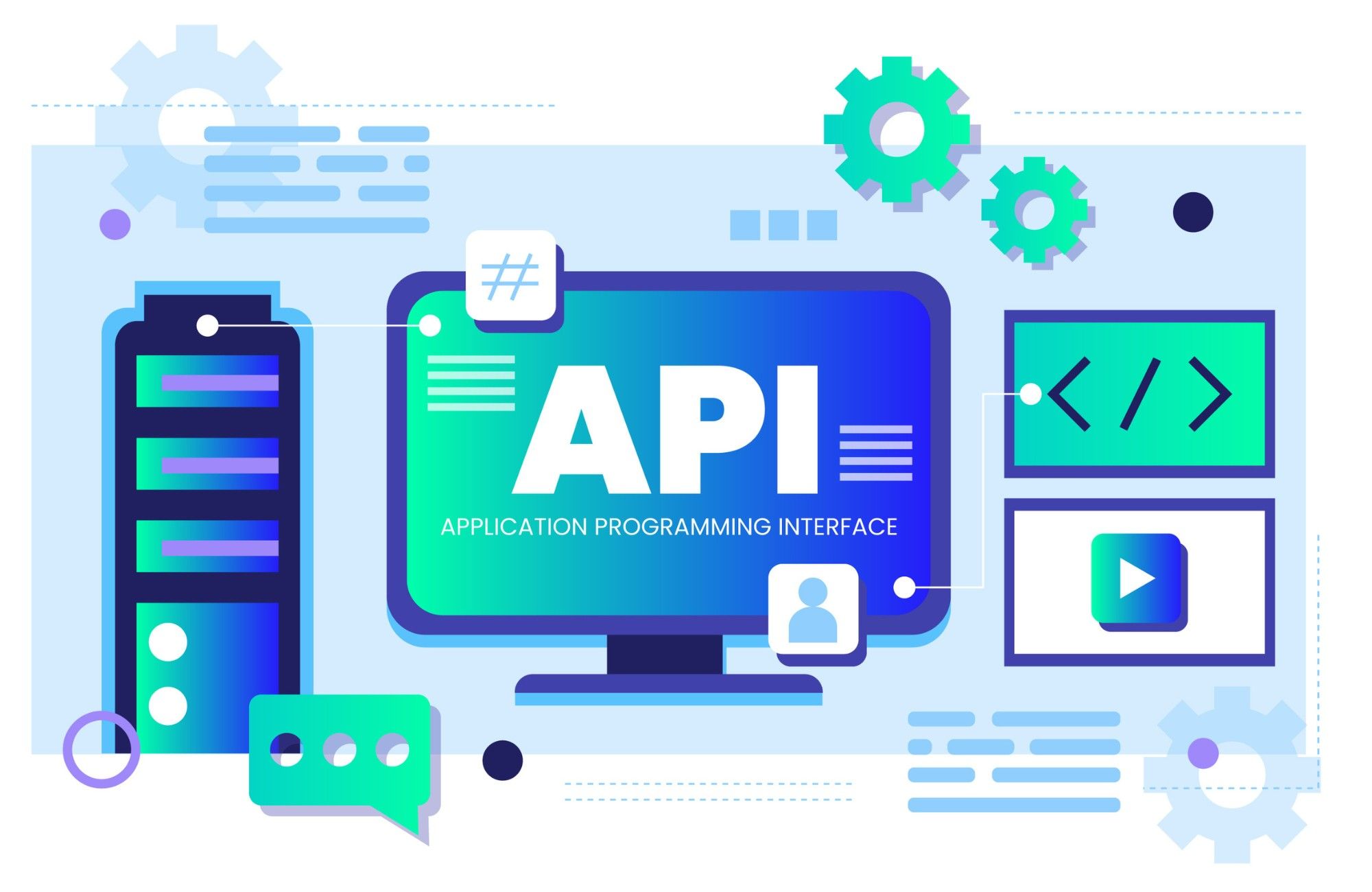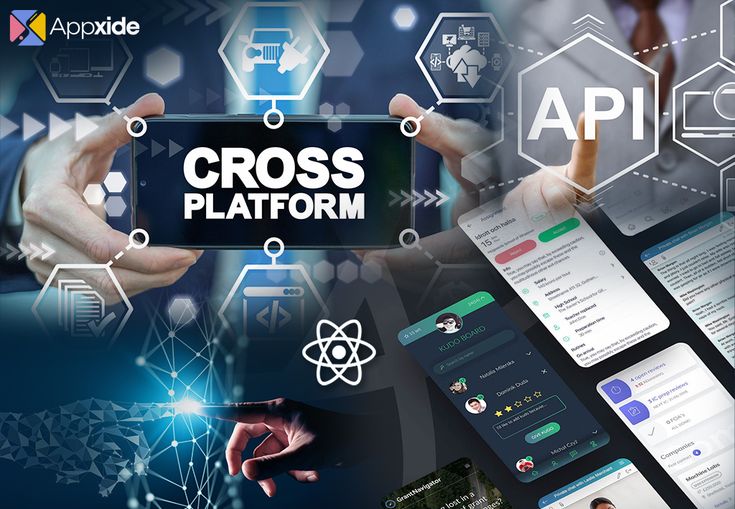
App_Development
August 27, 2024
The Role of APIs in Mobile App Development


App_Development
August 27th 2024

By Super Admin User
5k
5k
5k

40 share

08 Tweet

20 Subscriber
In the realm of mobile app development, APIs—short for Application Programming Interfaces—are indispensable. These digital bridges enable disparate software systems to communicate and collaborate, allowing developers to craft intricate applications that seamlessly integrate various services. By understanding the fundamental role of APIs, developers can harness their full potential to build robust and feature-rich mobile apps.
What is an API?
At its core, an API is a set of predefined rules that governs how software applications interact with one another. It outlines the methods and data formats that applications use to request and exchange information. Think of an API as a contract between different software systems, specifying how they should talk to each other without needing to understand the internal workings of one another. There are several types of APIs, each with its own strengths. REST (Representational State Transfer) APIs are renowned for their simplicity and scalability, making them a popular choice among developers. They are based on standard HTTP methods and provide a lightweight approach to data transfer. In contrast, SOAP (Simple Object Access Protocol) APIs are known for their robustness and security, often used in enterprise environments where rigorous security and compliance are essential. Lastly, GraphQL offers a more flexible and efficient way to query data, allowing clients to request exactly what they need, thereby optimizing the data retrieval process.
How APIs Facilitate Mobile App Development
APIs significantly enhance the functionality of mobile apps by integrating external features that would otherwise require extensive development. For instance, instead of building a map feature from scratch, an app can use a mapping API to incorporate interactive maps with ease. Similarly, payment systems and real-time data functionalities can be seamlessly integrated through APIs, saving developers from reinventing the wheel.Moreover, APIs streamline the process of integrating various services and databases, contributing to a smoother user experience. By leveraging APIs, mobile apps can perform tasks such as fetching data, authenticating users, and interacting with external services through straightforward API calls. This integration capability not only enriches the app's features but also ensures a cohesive and efficient interaction with external systems.
Key Benefits of Using APIs in Mobile Apps
One of the most significant advantages of using APIs in mobile app development is the efficiency and time-saving they offer. APIs provide pre-built solutions and functionalities, allowing developers to bypass the need to develop every feature in-house. This not only accelerates the development process but also reduces the potential for errors, leading to faster time-to-market for new applications. Scalability is another crucial benefit provided by APIs. By offloading specific tasks to external services, APIs help manage a growing user base without overburdening the primary server. This approach ensures that the app can scale efficiently and maintain optimal performance even as its user base expands.
Additionally, APIs offer access to a vast array of external data and services. From weather information and social media interactions to payment processing and location-based services, APIs enable apps to leverage third-party services that enhance their functionality and overall user experience.
Common Use Cases for APIs in Mobile Apps
APIs find diverse applications in mobile app development. For example, authentication and authorization APIs like OAuth and Firebase Authentication simplify the process of user login and access management. These APIs handle user identity verification and permissions, ensuring secure and streamlined access to the app.Social media integration is another prevalent use case for APIs. By incorporating APIs from platforms such as Facebook and Twitter, apps can offer users the ability to share content or log in using their social media accounts. This integration not only enhances user engagement but also fosters greater connectivity between the app and popular social networks.
Payment processing is another critical area where APIs play a pivotal role. Services like Stripe and PayPal offer APIs that facilitate secure and efficient transactions. These APIs enable apps to handle payments, manage financial transactions, and integrate with various payment gateways seamlessly.
Challenges of Using APIs in Mobile App Development
Despite their numerous benefits, using APIs in mobile app development comes with its set of challenges. Security concerns are paramount, as developers must ensure that data is protected during transmission and handling. Implementing secure communication protocols and managing sensitive data with care is essential to prevent data breaches and ensure user trust.
Performance issues can also arise from API usage. API calls can introduce latency, potentially affecting the app's responsiveness. Developers must focus on optimizing API performance to ensure quick and reliable responses, which is crucial for maintaining a smooth user experience. Managing dependencies on external APIs is another challenge. As APIs evolve, developers need to handle versioning and updates carefully to avoid disruptions and compatibility issues. Effective dependency management is crucial to ensure that the app remains stable and functional as APIs are updated or changed.
Best Practices for Integrating APIs
To effectively integrate APIs into mobile apps, developers should follow best practices. Choosing the right API is crucial, and this involves evaluating the API's documentation, reliability, and support. A well-documented API with robust support will be easier to use and maintain, reducing potential integration issues. Handling errors and failures gracefully is another important practice. Implementing robust error handling mechanisms ensures that the app can manage API failures without compromising stability or user satisfaction. Proper error handling contributes to a more resilient and reliable application. Ensuring API security is also essential. Developers should use secure communication protocols, such as HTTPS, and implement appropriate authentication mechanisms to safeguard data. Following best practices for API security helps protect against potential vulnerabilities and ensures data integrity.
Future Trends in API Development
Looking ahead, several trends are shaping the future of API development. Serverless architectures are gaining traction, allowing developers to build and run applications without the need to manage servers. This approach offers scalability and reduces operational overhead, making it an attractive option for modern app development. Another trend is API-first design, which emphasizes prioritizing API development from the outset. By adopting an API-first approach, developers ensure that the API meets the needs of all client applications, promoting better planning and integration.
APIs are a cornerstone of contemporary mobile app development. They enhance functionality, streamline integration, and provide access to a wealth of external services. By understanding the role of APIs and following best practices, developers can effectively leverage these powerful tools to create dynamic and efficient mobile applications. Staying abreast of emerging trends and addressing potential challenges will further enable developers to harness the full potential of APIs in their app development endeavors.
.png)
Do you need some help with something or do you have some questions ?
An API is a set of rules for software applications to interact, enabling features like data exchange and service integration.
APIs extend app capabilities by integrating external services and functionalities, such as maps or payment systems.
Challenges include managing security, ensuring performance, and handling dependencies on external services.
Developers should use secure communication protocols and implement proper authentication and data protection measures.
Trends include serverless architectures and API-first design, which offer scalability and improved planning for integration.







App_Development
August 27, 2024
The Role of APIs in Mobile App Development

AI
August 27, 2024
The Future of AI Research?

Cyber_Security
August 27, 2024
Ethical Hacking and Legal Considerations

App_Development
August 27, 2024
Understanding Cross-Platform Development
.png)
Bunty Thapa
November 18, 2024
What is an API in mobile app development?
Leave your reply